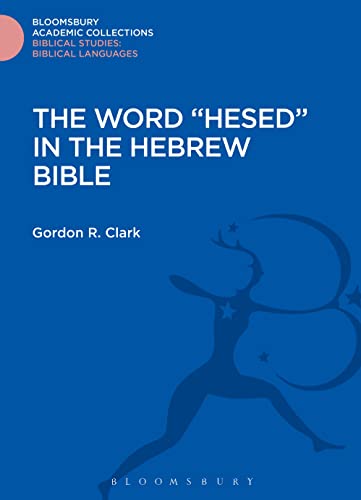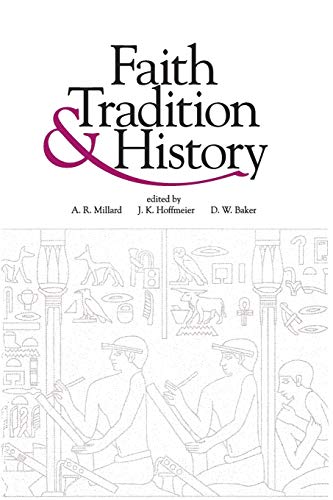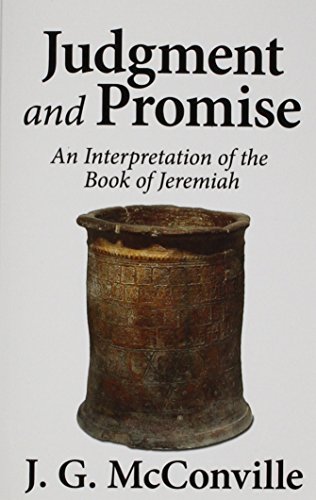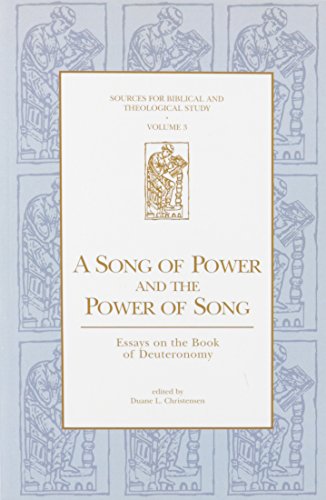Engaging with God—a Biblical Theology of Worship
Written by David Peterson Reviewed By Robert J. ShimwellHow good it is to find a book on the theology of worship based on sound exegesis and a wide-ranging response to scholarship of all traditions. Peterson is one of those rare scholars who has the ability to inform tire mind and feed the spirit.
Peterson’s thesis in Engaging with God is ‘that tire worship of the living and true God is essentially an engagement with him on the terms that he proposes and in the way that he alone makes possible’ (p. 20). Concerned that there are too many how-to-do-it books on worship, he sets out to reflect on worship as a total biblical idea. On that journey, he comments significantly and scripturally on commonly held notions of worship: ecstasy (p. 22), intimacy (p. 79), escapism (p. 122), sacramentalism and liturgy (pp. 120–128), formality (p. 160), receptivity (p. 249). Nearly 300 pages of reasoning and exposition are only just sufficient to take us on an enthralling journey through tire OT and NT.
Peterson’s section on the OT is brief. It would be good if he could expand it at a later date, especially in view of his comment on p. 102: ‘Genuine discipleship can be fostered only by a continuing focus on the character of Jesus, his promises and commands and his achievements for us.… Christians need to know and understand the Old Testament. We need to be shown how Jesus fulfils the hopes of the Old Testament writers and replaces all the provisions for engaging with God that was laid upon Israel.’ Thirty-one pages take us through the OT! More is needed! But that lack is partly made up for by an excellent chapter containing three word studies, linking the OT and NT: proskynein, latreuein and sebomai.
The remaining chapters are a veritable feast. Peterson looks at the Gospels from two standpoints (chs. 3–4). Matthew and John are linked because of their united stress on God’s presence and God’s glory, connected intimately into the Mosaic covenant and Jewish messianic expectations, now ‘fully and finally experienced in Jesus Christ’ (p. 101). The worship of Jesus ‘as a model worshipper’ is explored, as is his attitude to the Mosaic law. His fulfilment of all that was Jewish climaxes in his establishing of ‘the new covenant in my blood’, and here is clear scriptural teaching on a subject often ‘obscured in liturgical and non-liturgical traditions’ (p. 130).
A significant study of Acts points us away from the dangers of an over-simplistic learning from the practice of the early church. Stephen’s teaching is seen to be pivotal, as he helps the readers see that the Temple, which was for those early Christians both a place of prayer and rejection (p. 139), has no permanence or finality. This is found alone in the resurrected and glorified Son of Man.
The feast intensifies in richness as Peterson moves on to the latter half of the NT. Paul’s contribution to teaching on biblical worship centres on the proclamation of the gospel (Rom. 15:16), a Christian lifestyle (1 Thes. 1:9–10) and a sacrificial obedience (Rom. 12:1–2). The section on Romans 12, foundational to Paul’s theology of worship, is particularly helpful.
Peterson has a clear expertise with Hebrews. Chapter 8 is a masterly overview and exposition of the epistle. ‘Hebrews presents the most complete and fully integrated theology of worship in the New Testament’ (p. 228). His thorough handling of this epistle underlines many of the points he emphasizes elsewhere in the book. Revelation (apart from me dangers of false religion) lifts us into worship in heavenly realms: the praise of God the creator and Christ the redeemer, praise for the outworking of God’s purposes and the fulfilment of OT hopes and promises.
The epilogue suggests (tongue in cheek?) that Peterson has found a church where all this teaching is understood and practised. Strange that he does not identify it! But here is clear teaching and godly aims for all involved in leading churches and worship today.
Ten chapters, each summarized succinctly, ample footnotes at the end of each chapter, and three indices (biblical references, subjects, modern authors) will all cost you £18.95: a high price indeed. But well worth it, even if you have to forgo other books to buy this one.
Robert J. Shimwell
Wirral







